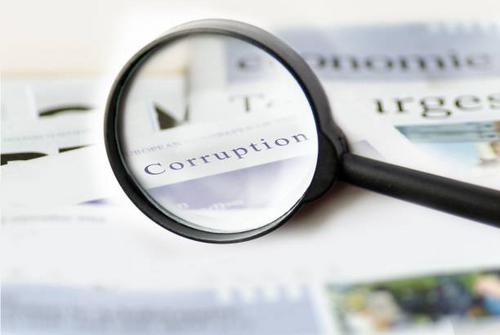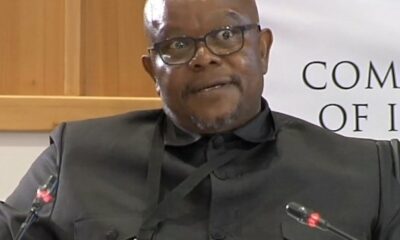News
Police Capture Scandal Reveals the Gupta Legacy Lives On

A haunting echo of South Africa’s darkest political chapter
South Africa’s police service is once again at the centre of a corruption storm that feels painfully familiar. The latest revelations about the so-called “police capture” saga have peeled back the layers of influence, intimidation, and political manipulation that continue to shadow the nation’s justice system long after the Gupta empire fell from grace.
KwaZulu-Natal Lieutenant General Nhlanhla Mkhwanazi’s explosive testimony before investigators painted a disturbing picture: a criminal network allegedly steering the decisions of senior police officials and politicians. His claims have reignited public anger, fuelling fears that state capture never truly ended; it simply changed form.
The new face of an old corruption
The ongoing Madlanga Commission and a separate parliamentary ad hoc committee are both digging into how deep this rot runs. Their investigations aim to untangle a web of connections between organised crime, politics, and the police themselves.
Professor Witness Maluleke, Head of Criminology and Criminal Justice at the University of Limpopo, believes what’s unfolding today is a direct continuation of the Gupta-era scandal exposed during the Zondo Commission. “Those who were meant to uphold the law instead became puppets of political and criminal interests,” he explained.
Maluleke describes the situation as a grim reflection of South Africa’s lingering institutional decay. “The Guptas may be gone, but their legacy of influence remains deeply embedded. It’s evolved into new forms of capture that extend beyond boardrooms and into the very systems meant to protect the public.”
The cost of corruption to ordinary South Africans
This isn’t just a political problem; it’s a crisis of trust. When police officers and prosecutors are compromised, the ripple effects reach the everyday citizen.
Maluleke warned that systemic corruption “jeopardises public safety and erodes the rule of law.” For many South Africans, it confirms what they’ve long suspected: the justice system is not just broken, it’s being manipulated by invisible hands.
Dr Zakhele Ndlovu, a political analyst at the University of KwaZulu-Natal, agrees that these revelations mark a dangerous turning point. He recalled the infamous case of former Police Commissioner Jackie Selebi, who admitted ties to drug trafficker Glen Agliotti. “Selebi’s case was the warning sign,” said Ndlovu. “Now, what we’re seeing proves that capture wasn’t a chapter in history; it’s the ongoing story of how power still works in this country.”
Living in a ‘mafia state’?
As details of the alleged “Big Five” network emerge, said to include senior officials who have infiltrated the police, judiciary, and the National Prosecuting Authority, many are asking if South Africa is becoming a “mafia state.”
Ndlovu says it’s not an exaggeration. “We’re seeing a state where networks of influence operate above the law. When the institutions that should protect democracy are compromised, corruption becomes culture.”
Still, both analysts agree that there is hope if accountability follows exposure. Maluleke insists that “holding those implicated to account, without fear or favour,” is the only way to restore public faith.
A reckoning long overdue
South Africans have grown weary of commissions that expose the rot without real consequences. But the Madlanga Commission represents another opportunity to draw a line in the sand.
For now, the police capture saga serves as a sobering reminder that the ghosts of the Gupta era still haunt South Africa’s corridors of power and that the fight against corruption is far from over.
Follow Joburg ETC on Facebook, Twitter, TikT
For more News in Johannesburg, visit joburgetc.com
Source: IOL
Featured Image: Pexels



























